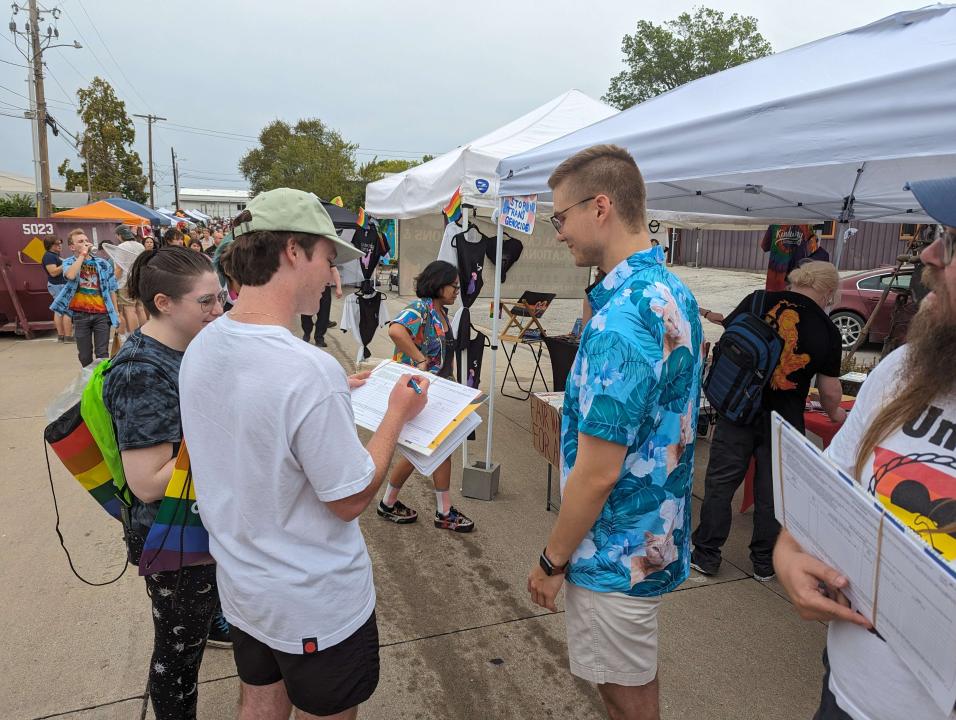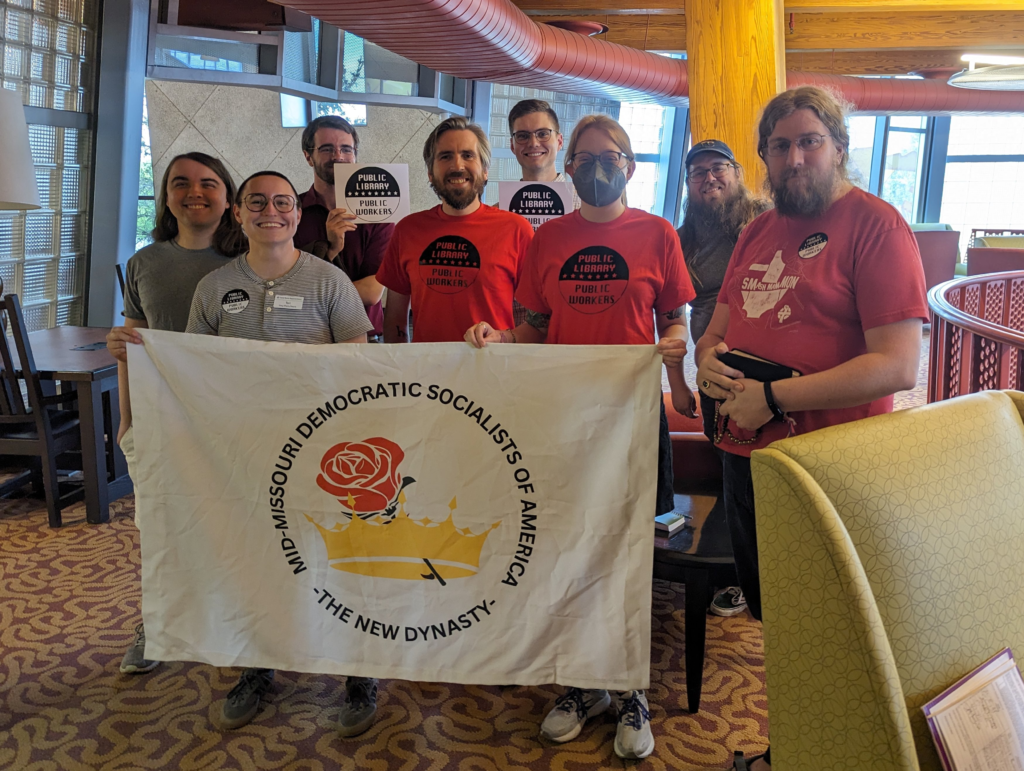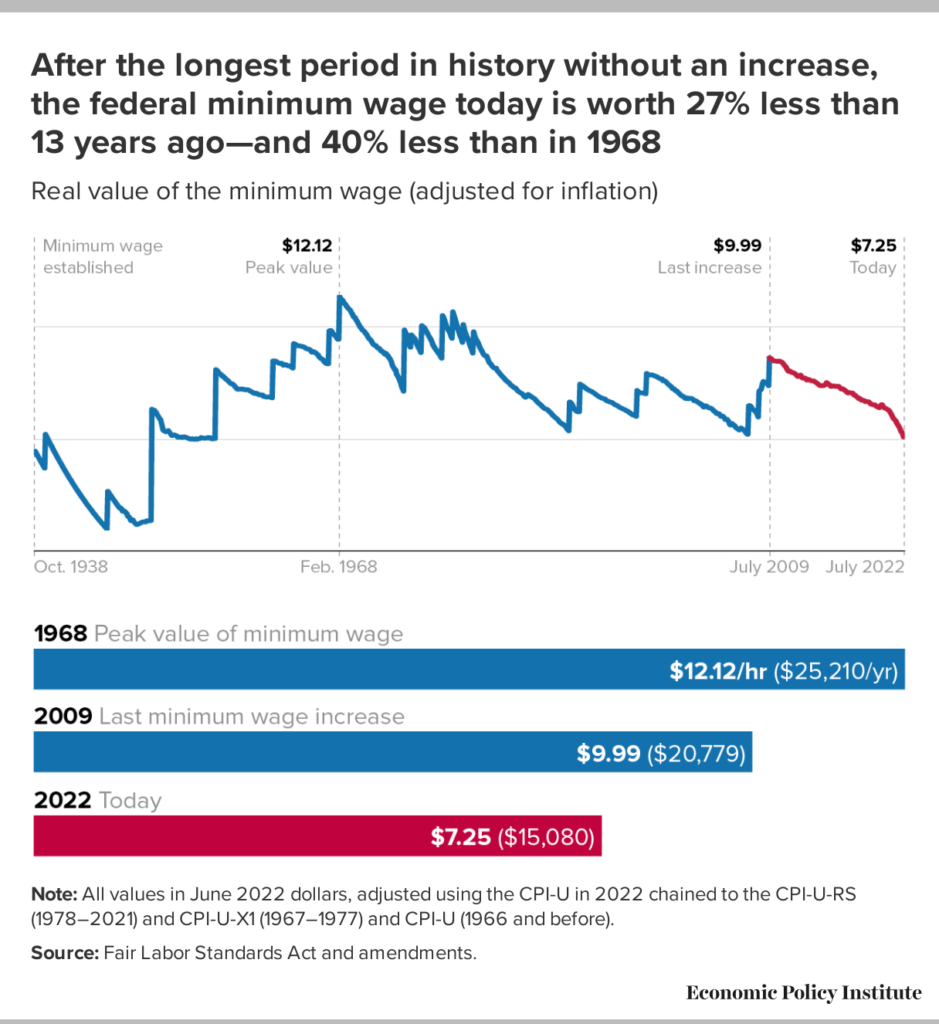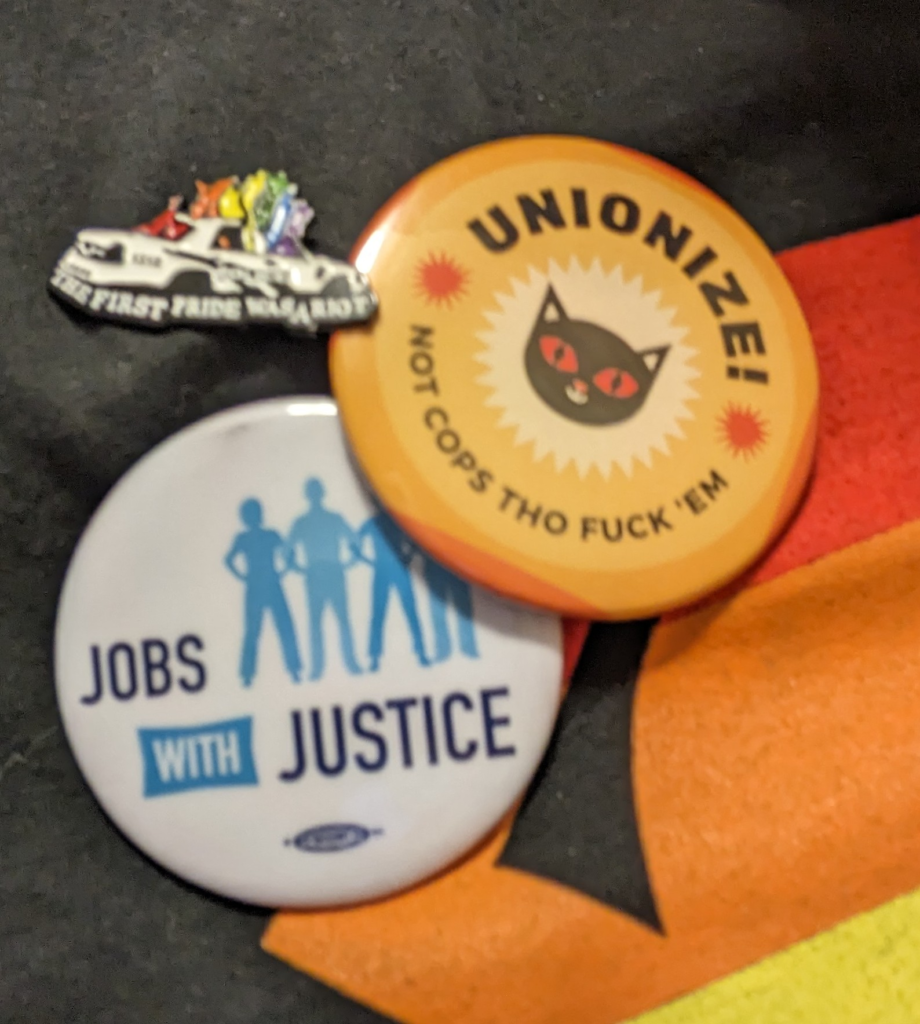Missouri is a peculiar state. Much of the national discourse boxes us in as an archetypal southern(ish) red state, and not without reason. In the past year alone, we have faced countless attacks from our increasingly reactionary politicians. Mere minutes after the United States Supreme Court delivered its final death blow to the constitutional right to abortion, Missouri became one of the first states to impose an outright ban on abortion.
This historic assault on bodily autonomy continued with an onslaught against our transgender community, which included a legally-dubious attempt to deny trans healthcare to all Missourians, and culminated with a ban on gender-affirming care and harsh restrictions on athletic participation for trans minors. We have also seen attacks on our collective right to education, from making it more difficult for kids to access library materials, to threats to defund libraries altogether, to prohibiting prisoners from receiving books, to efforts to prevent teaching children about our country’s history, to invocations of full on book burnings.
If this was all you knew of Missouri politics, it would be hard to blame you from writing the whole state off. But the full picture is more complex. Missouri has an underlying populist streak–perhaps best exemplified through our initiative petition and referendum process. In 1908, Missouri joined the wave of progressive reform efforts when voters incorporated the rights of initiative petition and referendum into our state constitution. Today, Missouri is one of only 18 states where voters can use the initiative petition process to propose and vote upon amendments to the state constitution, one of only 24 states where voters can use that same process to propose and vote upon changes to state statutes, and one of only 24 where voters can override laws passed by the legislature through the referendum process.
The radically democratic nature of these rights are reflected in the language employed by our own Supreme Court in 1922 when issuing one of its many decisions protecting these rights from encroachment by those seeking to curb the power of ordinary citizens:
Under our system, that intangible thing we call “government,” the existence of which is least felt when best administered, has its origin in and draws its life and inspiration from the people. They frame and adopt the organic law, which defines the limits of legislative action; they incorporate therein whatever provisions they may deem proper. Thus empowered, as are the people in all governments organized as is ours, the inevitable conclusion follows that if they determine, as they have in the adoption of the initiative and referendum, to limit the province or modify the purview of the Legislature in the adoption or rejection of laws, there is no power that can say them nay.
In recent years, the people of this state have used their powers of direct democracy to make meaningful change in defiance of our recalcitrant legislature. In 2018, we overwhelmingly rejected the attempt to make Missouri a right-to-work state. Later that year, we raised our minimum wage by over 50% and legalized marijuana for medicinal use. In 2020, we increased healthcare access for thousands of Missourians by expanding Medicaid. Most recently, we legalized marijuana for recreational use and provided a mechanism to expunge prior marijuana convictions. In the face of all this, it is no wonder why our Republican legislature seems dead set on hindering the people’s ability to directly impose our will while it also works to undermine our right to vote altogether.
Right now, people across the state are collecting signatures for yet another initiative petition campaign seeking to again raise our minimum wage to $15, permanently tie the minimum wage to inflation going forward, and allow workers in every sector to earn paid sick leave.
Two in five Missouri workers are not guaranteed paid time off when they are sick — forcing them to choose between their livelihoods and their health, as well as the health of their family, co-workers, and community. Half a million Missourians are paid less than $15 an hour — enriching their bosses at the expense of their ability to pay for the essentials of life. Securing these rights would represent a very concrete victory for these workers.
This will not be the only notable effort to employ direct democracy in the 2024 election. Once the Republican lawfare tactics have finally worked their way through the courts, Missourians will be able to begin collecting signatures to restore access to abortion in the state.
Mid-Missouri DSA has collected nearly 3,000 signatures to raise the minimum wage and guarantee paid sick leave for Missouri workers. We can win this — and use it as an opportunity to organize for more. Missourians have consistently shown a willingness to harness this relatively rare set of political powers to bring about the progressive change that so many in power are openly hostile to. If we can organize and build up an infrastructure to fully utilize direct democracy in this state, there is no limit to what we can accomplish.
Imagine a state where every person has the basic dignity of a livable wage, paid time to recoup from illness or care for their loved ones, and a constitutional right to abortion. But don’t stop there. Imagine a state where we don’t have to overturn right-to-work laws because our constitution prohibits right-to-work, guarantees a prevailing wage for public works, and provides meaningful protections to all workers who seek to collectively bargain. Imagine a state with an explicit constitutional promise of equal protection under the law for every person, regardless of race, religion, ethnicity, national origin, gender, sexual orientation, disability, or economic status. Imagine a state where nobody has to choose between groceries, healthcare, rent or childcare. Now stop imagining that state and come help us build it.
Sign up as a DSA member here (pick the income-based or monthly dues option if you can). To let us know you want to help with this campaign, fill out our interest form and check the box next to “Fighting for a higher minimum wage and paid sick leave (signature-gathering and canvassing)” in the activities section.





